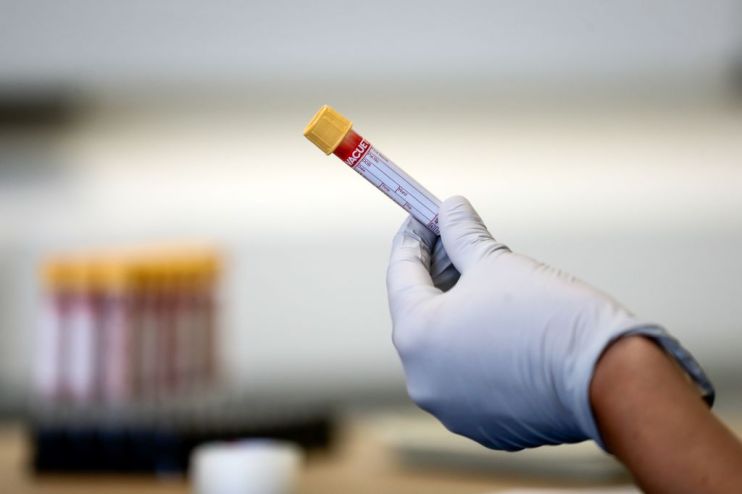Coronavirus: Antibody levels drop by a quarter as second wave hits

The proportion of people in England with Covid-19 antibodies has dropped by more than a quarter since the first wave of the pandemic, official figures have revealed.
The findings of a major study into Covid-19 antibodies, published today, showed the number of people who tested positive for antibodies has fallen from six per cent to 4.4 per cent — a decline of 26.5 per cent.
The figures suggest antibody levels reduce in the weeks and months after a person is infected, raising questions over whether people who test positive for the virus could be reinfected at a later date.
However, it remains unclear whether antibodies provide any effective level of immunity or, if they do, how long the immunity lasts.
The study of more than 365,000 participants, carried out by Imperial College London and Ipsos Mori, analysed changes in antibody levels over the three-month period between 20 June and 28 September.
While the decline was recorded across all age groups, the data showed antibody levels declined at a far slower rate among younger people.
Antibody levels fell just 15 per cent in 18 to 24-year-olds over the period, compared to 39 per cent among people aged 75 and older.
The results also suggested that people who did not show symptoms of Covid-19 are likely to lose antibodies sooner than those who did show symptoms.
“Our study shows that over time there is a reduction in the proportion of people testing positive for antibodies against the virus that causes Covid-19,” said professor Paul Elliott, director of the React programme at Imperial.
“It remains unclear what level of immunity antibodies provide, or for how long this immunity lasts. If someone tests positive for antibodies, they still need to follow national guidelines including social distancing measures, getting a swab test if they have symptoms and wearing face coverings where required.”
The results of the study come as fresh lockdown restrictions are rolled out across the UK in a bid to halt a second wave of coronavirus infections.
But there were some positive signs yesterday after it emerged that hospitals were preparing for the first doses of a new Covid-19 vaccine.
Pharmaceutical giant Astrazeneca, which is developing the vaccine with the University of Oxford, said its vaccine produced an immune response in both younger and older adults.